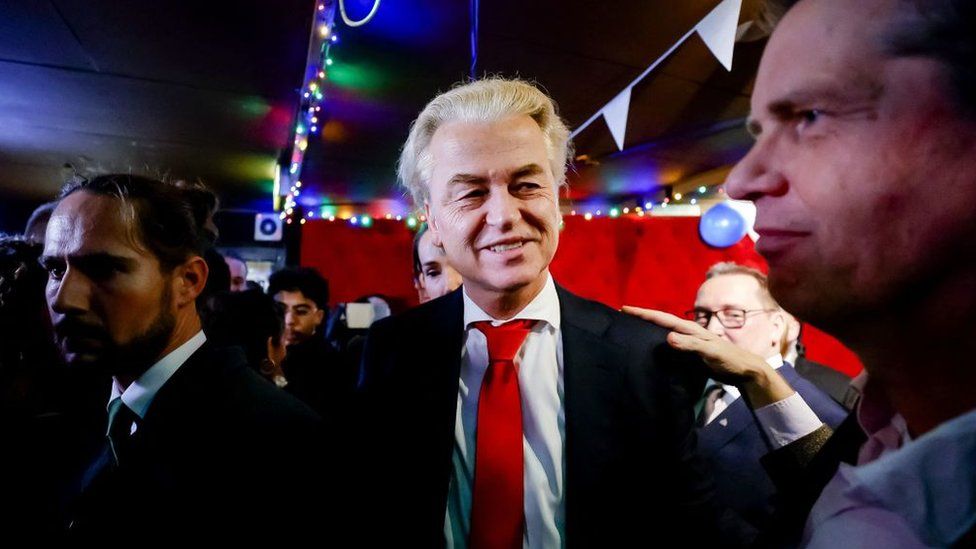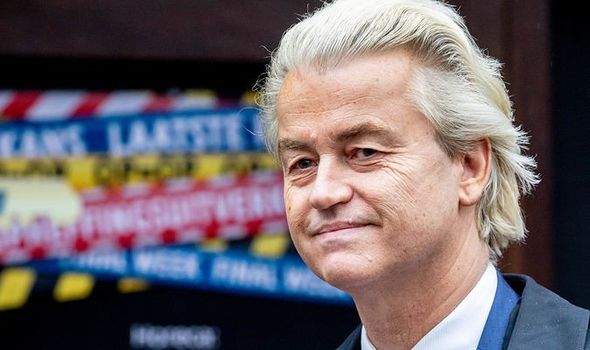Introduction to a Political Earthquake
The Dutch parliamentary elections have culminated in a dramatic and unexpected victory for Geert Wilders and his far-right, anti-Islam Party for Freedom (PVV). With 98% of the votes counted, the PVV has won 37 out of 150 seats, outstripping its rivals by a significant margin.
Wilders’ Surge to Victory
Despite being a surprise victor, Wilders’ late surge in the polls led to a resounding triumph over traditional political parties, indicating a seismic shift in the Dutch political landscape. This section of the blog could delve into the factors that contributed to Wilders’ popularity and the dynamics of the election campaign.

The Party for Freedom’s Stance
Wilders’ Party for Freedom, known for its anti-Islam and anti-EU stance, now holds the majority of seats in the Dutch parliament, positioning it as the primary force in the incoming government. A discussion on the PVV’s political platform and its potential policies could be explored here.
A Historic Upset
The landslide victory has been described as one of the most significant political upsets in Dutch politics since World War II, signaling a potential shift in the political mood not just in the Netherlands but possibly across Europe.
Implications for the European Union
Wilders’ victory, which places him in a strong position to form the next ruling coalition and possibly ascend to the role of Prime Minister, could have profound implications for the future of the Netherlands’ relationship with the European Union and its immigration policies. This section could speculate on the potential changes in Dutch foreign and domestic policy.
Europe’s Reaction and the Future
The conclusion can offer insights into how Europe has reacted to Wilders’ victory and what it might mean for the future of populist movements across the continent. It could also ponder the challenges and opportunities that lie ahead for Wilders’ administration.
